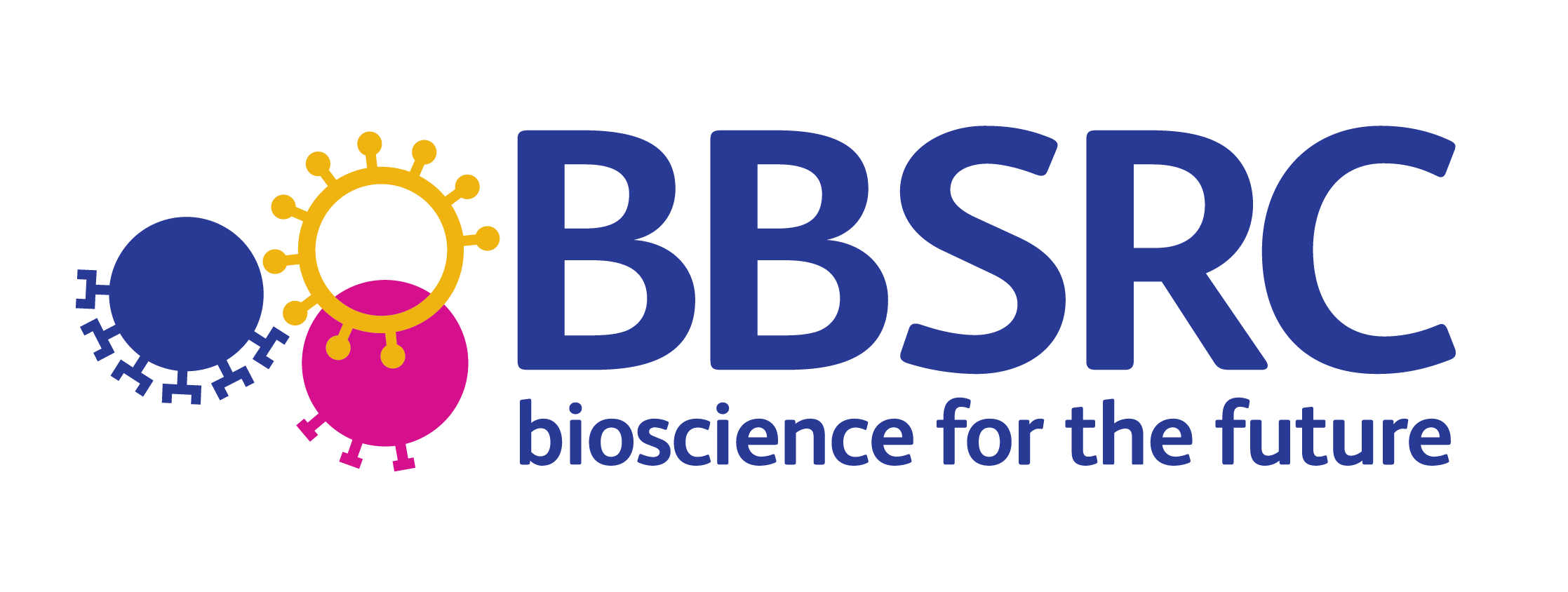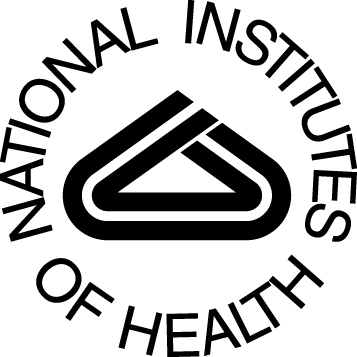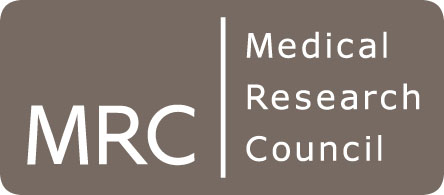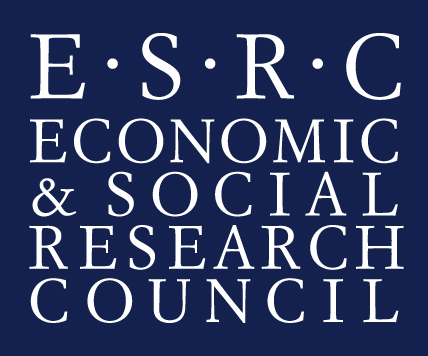Exposome Project for Health and Occupational Research (EPHOR) project
About EPHOR
The Exposome Project for Health and Occupational Research (EPHOR) project will lay the groundwork for evidence-based and cost-effective prevention for improving health at work, by developing a working life exposome toolbox. This project consortium consists of 19 exposure, health, and data scientists and technology partners from 12 different countries, who will work together to advance occupational health science in a unique way to reduce the burden of disease.
Background
Working life exposures can lead to many diseases. The total burden of disease caused by occupational exposure is ~6%, similar to the burden from urban air pollution or obesity. Associated economic costs of Non-communicable diseases (NCDs) caused by working life related exposures vary between 2-6% of a country's GDP in the EU. Therefore, ensuring a safe and healthy work environment is a strategic goal for the European Commission. Current risk reduction policies and strategies are informed by the existing scientific evidence and estimates of the burden of occupational NCDs.
However, knowledge is lacking on how to characterise the working-life exposome. The exposome, which corresponds to all relevant exposures occurring throughout life, is a promising concept for elucidating the complex relationships between environment, health and disease.
EPHOR defines the working-life exposome as all occupational and related non-occupational exposures throughout life. Improved characteriation of the working-life exposome will allow current limitations and challenges to be addressed by providing better insights into possible relationships between multiple working life related exposures and multiple disease outcomes; the effects of unknown exposures; vulnerable life stages and subpopulations of individuals that are more susceptible (e.g., insecure job workers, female workers); and the causality between working life exposure and health effects via biological pathways.
A working-life exposome approach will shift the study from one occupational exposure in relation to one defined health effect, to mapping the complexity of interrelated working life exposures throughout the life time in relation to biological changes inside the body and health effects.

Objectives
The EPHOR project aims to develop a working-life exposome toolbox that can be used for evidence-based and cost-effective prevention by scientists, occupational health practitioners, and policy makers. It will contain:
- Improved knowledge on how multiple exposures within the working-life exposome are related to the occurrence of common diseases, including complex interactions of exposures, biological pathways and early signs of health damages, and vulnerability at different life-stages
-
Innovative methods for collection, storage, and interpretation of working-life exposome data, including its economic and societal impact:
- Tools for scientists to expand the current knowledge base on the exposome in relation to health;
- Tools for policy makers and occupational health practitioners to obtain data and information for developing evidence-based and cost-effective preventive actions and policies.
Rationale & Approach
To develop the working life exposome and toolbox EPHOR will combine two different study approaches.
- The EPHOR mega cohort will be constructed based on large-scale pooling data from multiple population-, industry- or occupational cohort studies available in the EU
- Dedicated case studies will collect high-resolution external and internal exposure and mechanistic data at the individual level. The case studies will consider working-life exposures in relation to respiratory health (disease angle) and shift work exposures in relation to health (exposure angle).
Workpackages
The project is organised into 10 different workpackages, as illustrated in the following diagram:

Nactem's Role
NaCTeM will primarily be involved in WP 4: Working-life exposome data management and analytics platform; our text mining expertise will feed into the development of novel methods to model and assess complex individual exposures and exposure interactions, and to link these to health outcomes via biological pathway analysis.
Project Team
This is a European project involving 19 institutions, from 12 differnt countries, as listed under Partner Institutions below.University of Manchester team:
- Prof. Sophia Ananiadou, Professor of Computer Science, NaCTeM
- Prof. Martie Van Tongeren, Professor of Occupational and Environmental Health
- Mr. Paul Thompson, NaCTeM
- Dr. Qianqian Xie, NaCTeM
- Dr. Ioannis Basinas, Centre for Occupational and Environmental Health
- Dr. Luke Munford, Research Fellow in Health Economics
- Dr. Matthew Gittins, Centre for Biostatistics
Funding
EPHOR is an EC/H2020 funded project (grant id 874703). It is funded for five years, starting from January 2020.
Partner Institutions
- Toegepast Natuurwetenschappelijk Onderzoek [Netherlands]
- Barcelona Institute for Global Health (ISGlobal) [Spain]
- Institute of Occupational Medicine [UK]
- Institut for Folkesundhed, Miljø, Arbejde og Sundhed, Aarhuus University [Denmark]
- Unit of Occupational Medicine, Institute of Environmental Medicine, Karolinska Institutet [Sweden]
- Centre for Environment and Health, Department of Public Health and Primary Care, KU Leuven [Belgium]
- National Institute of Occupational Health [Norway]
- University of Manchester [UK]
- Institute for Risk Assessment Sciences, Utrecht University [Netherlands]
- Inserm [France]
- Finnish Institute of Occupational Health [Finland]
- University of West Attica [Greece]
- VTEC-Engineering BV [Netherlands]
- University of Bergen [Norway]
- LifeGlimmer GmbH [Germany]
- Owlstone Medical Ltd. [UK]
- Interaktiv GmbH [Germany]
- Cyprus International Institute for Environmental and Public Health, Cyprus University of Technology [Cyprus]
- Centre for Occupational and Environmental Medicine, Stockholm County Council [Sweden]
Featured News
- NaCTeM success at EMNLP 2025 - 7/7 papers accepted
- 1st Workshop on Misinformation Detection in the Era of LLMs - Presentation slides now available
- Prof. Ananiadou appointed Deputy Director of the Christabel Pankhurst Institute
- ELLIS Workshop on Misinformation Detection - Presentation slides now available
- Prof. Sophia Ananiadou accepted as an ELLIS fellow
- BioNLP 2025 and Shared Tasks accepted for co-location at ACL 2025
- Prof. Junichi Tsujii honoured as Person of Cultural Merit in Japan
Other News & Events
- AI for Research: How Can AI Disrupt the Research Process?
- CL4Health @ NAACL 2025 - Extended submission deadline - 04/02/2025
- Invited talk at the 15th Marbach Castle Drug-Drug Interaction Workshop
- Participation in panel at Cyber Greece 2024 Conference, Athens
- Shared Task on Financial Misinformation Detection at FinNLP-FNP-LLMFinLegal








